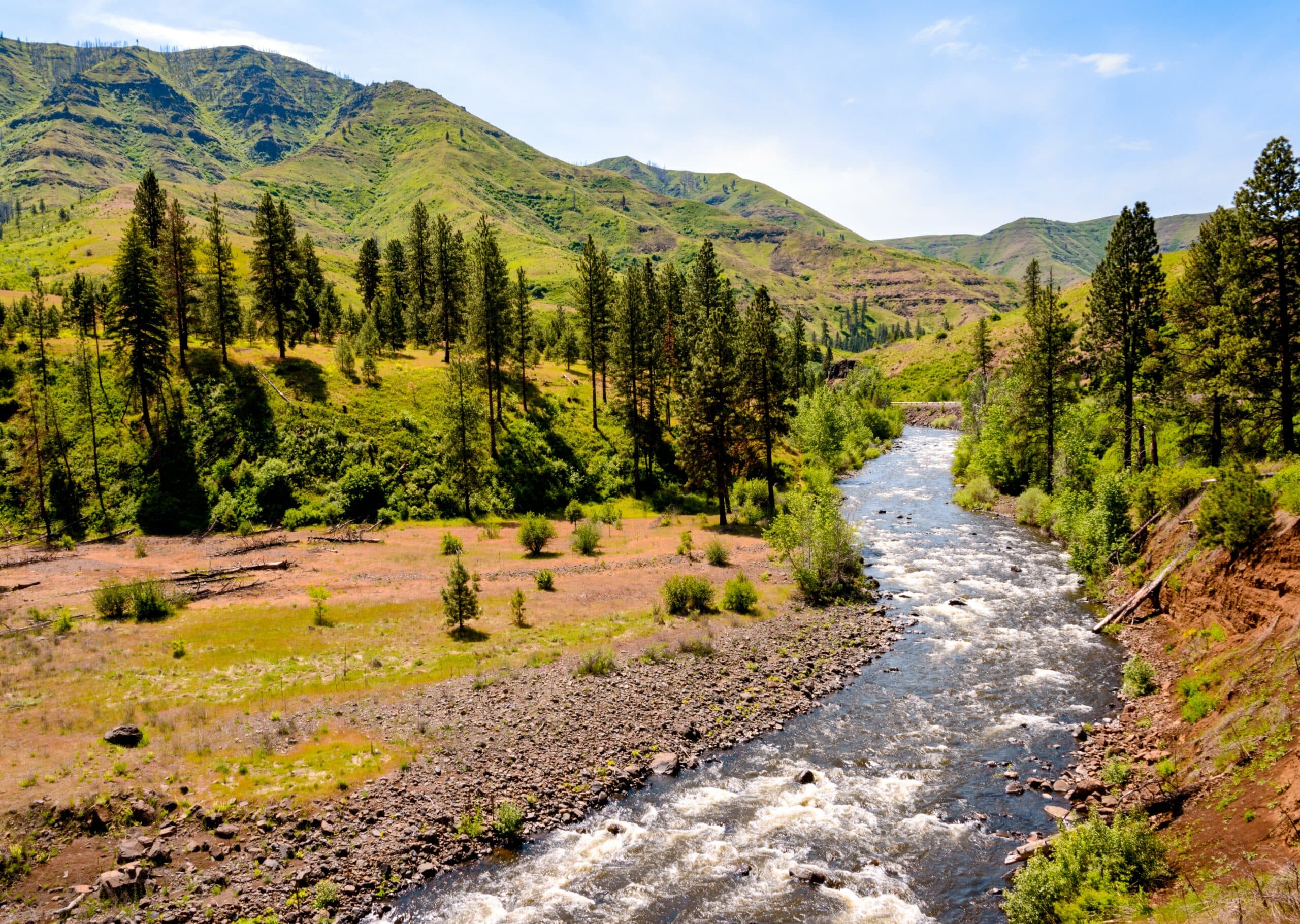
Washington voters want dam removal to save salmon
A poll of 800 voters in Washington state shows that the majority support a plan that includes removing four dams on the Snake River in support of salmon. The plan also included investments in clean energy and agricultural infrastructure. Among those people polled, 58 percent wanted scientists, tribes, local communities and other stakeholders to collaborate on plans for dam removal on the Snake River in order to save salmon from extinction.
“Voters understand the situation is urgent, and they want action. Washington voters are determined that we cannot let salmon disappear, and that we can also take care of farm and energy needs at the same time,” said Mark Mellman, CEO of The Mellman Group, which conducted the poll.
The results of the survey also showed that across the political spectrum and throughout Washington, 62 percent of people are extremely worried about salmon going extinct in the state.
An estimated 7,000 Chinook salmon are returning to spawn in the Salmon River Basin. This figure represents half the 10 year average of returning salmon. In particular, less than 3,000 steelhead returned, the lowest number recorded since counts began in 1938.
“The loss of salmon is an existential threat to Native Nations, fishers, business owners, and communities – and would trigger ecological devastation in our region,” said Alyssa Macy, CEO of Washington Environmental Council and Washington Conservation Voters.
“We must take decisive action to prevent extinction, including removal of dams on the lower Snake River and replacement of their benefits. If salmon no longer exist, who will we be?”
Governor and one time presidential candidate, Jay Inslee has previously said he’s committed to engaging stakeholders in a plan to save both salmon and the orcas that depend on them from extinction. Details of this plan are not yet released.
The poll was funded by the Water Foundation.
—
By Zach Fitzner, Earth.com Staff Writer












